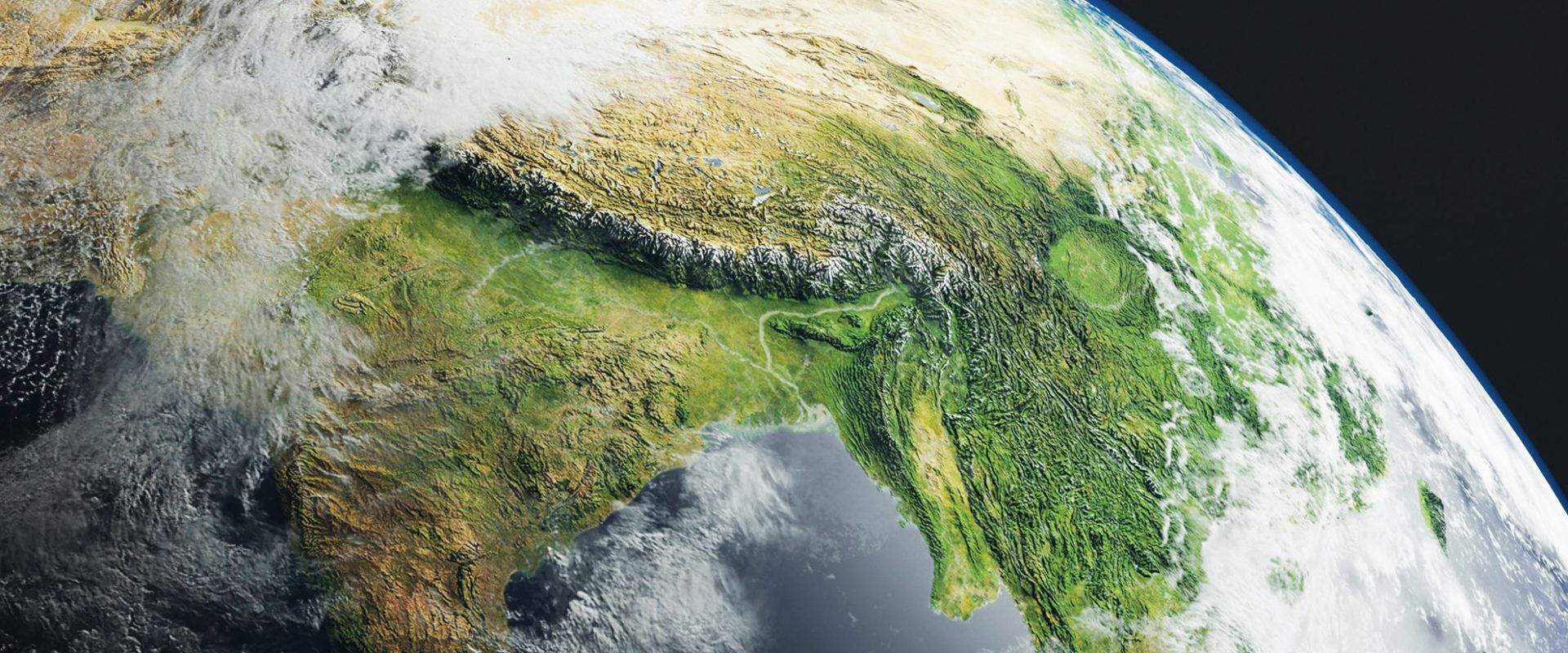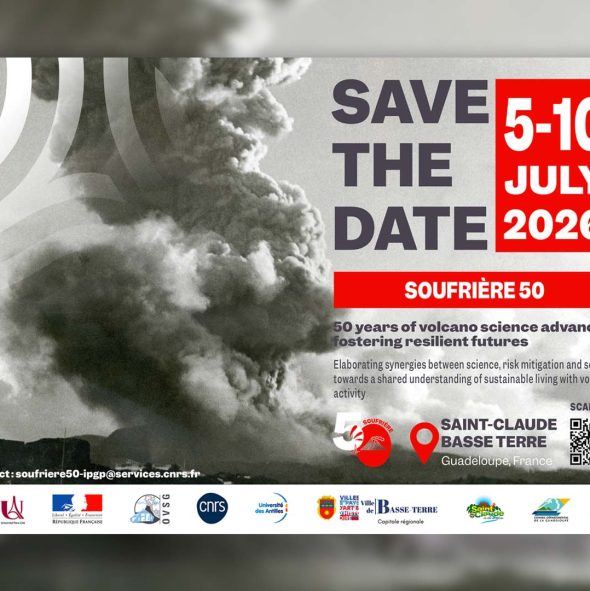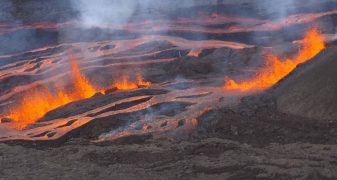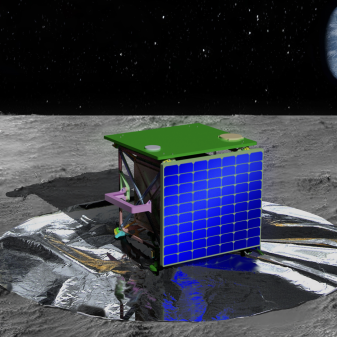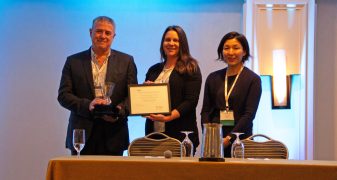Welcome to the IPGP website
Research themes
News
Key figures

103
years of science for the planet in 2024

4
French active volcanoes monitored by the IPGP

500
members of staff approximately (researchers, engineers, technicians, administrative staff, post-docs and PhD candidates)

1
observatory on Mars (mission completed in 2022)

404
publications in 2022 (including 37 in high impact journals such as Nature, Science and PNAS)

8
locations: Guadeloupe, Martinique, Reunion Island, Chambon-la-Forêt, Champs-sur-Marne and 2 locations in Paris
Last publications
He Zili, Vinatier Sandrine, Eymet Vincent, Forest Vincent, Bézard Bruno, Rannou Pascal, Rodriguez Sébastien, Marcq Emmanuel, Fournier Richard, Blanco Stéphane, Mourtaday Nada, Nyffenegger-Péré Yaniss, Lebonnois Sébastien, Määttänen Anni. Simultaneous estimation of radiance and its sensitivities to radiative properties in a spherical-heterogeneous atmospheric radiative transfer model by Monte Carlo method: Application to Titan. Journal of Quantitative Spectroscopy and Radiative Transfer, Elsevier, March 2026, 350. <10.1016/j.jqsrt.2025.109722>
Gaudaré Louis, Corgne Samuel, Jolivet Marc, Dauteuil Olivier, Doubre Cécile, Wolski Piotr, Grandin Raphaël, Doin Marie-Pierre, Durand Philippe. Flood pulse monitoring in wetlands with multi-temporal Sentinel-1 interferometric coherence data: Application to the Okavango Delta (Botswana). Remote Sensing of Environment, Elsevier, March 2026, 334. <10.1016/j.rse.2025.115173>
Montheil Leny, Licht Alexis, Beard K. Christopher, Métais Grégoire, Coster Pauline, Vaes Bram, Donnadieu Yannick, Pineau Erwan, Husson Laurent, Dupont-Nivet Guillaume. Across ancient oceans: Eocene dispersal routes of Asian terrestrial mammals to Europe, Afro-Arabia and South America. Earth-Science Reviews, Elsevier, February 2026, 273. <10.1016/j.earscirev.2025.105352>
Donatini Adrien, Georges Peggy, Fevre Tiphaine, Cormier Laurent, Neuville Daniel R.. Charge Transfer Between Ce and Fe During Cooling of an Aluminosilicate Melt: An In Situ XANES Investigation. Inorganic Chemistry, American Chemical Society, 2026, 17. <10.1021/acs.inorgchem.4c05223>
Our observatories
and stations
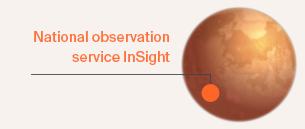
Mars
InSight National Observation Service
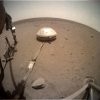
The NASA InSight mission deployed a geophysical observatory on the surface of Mars at the end of 2018, performing simultaneous seismic, geodetic and magnetic measurements. This National Observation Service is supported by the IPGP, together with several French laboratories and observatories (in particular the LPG and GEOAZUR).
More information

